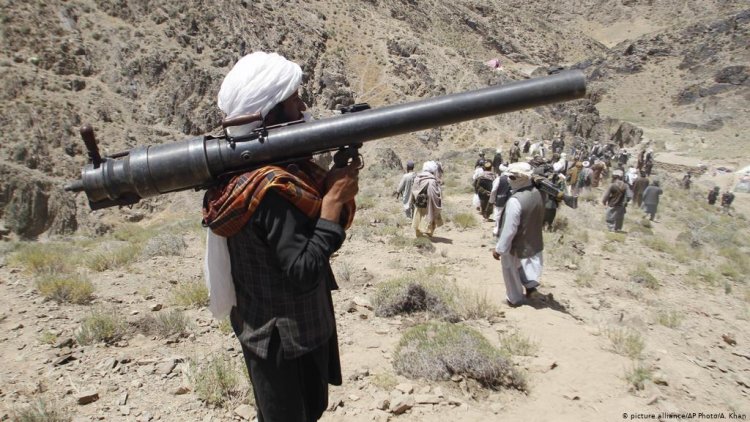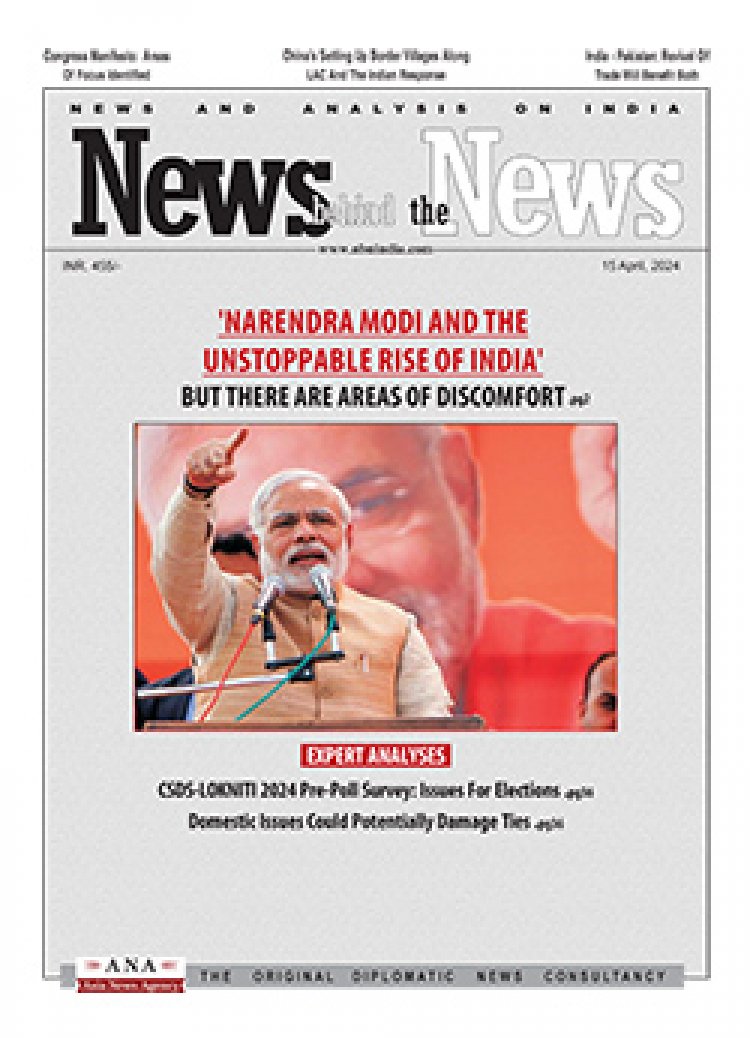Jammu and Kashmir: Threat from the Taliban
STORIES, ANALYSES, EXPERT VIEWS

A day after India officially talked to the Taliban, former Jammu and Kashmir Chief Minister and National Conference (NC) vice-president Omar Abdullah Wednesday asked the Centre to clarify its stand on Taliban, and whether the government considers it a terror organisation
“Is the Taliban a terror organisation or not? If it is not, will you move the United Nations to have it de-listed as a terror organisation, as right now you are presiding over the UN Security Council,’’ Omar said, replying to a question whether India will engage with the Taliban, which has taken control of much of Afghanistan, including capital Kabul.
Also, Omar added, if the government deems it is not a terror outfit, “then please move the United Nations to have it removed from the list of terror organisations — let their bank account start functioning, and let us not treat them differently.”
“They (the Centre) have already started engaging with them,’’ he said, referring to reports about India having had talks with the Taliban in Doha, Qatar. He also asked the Centre that if it is a terrorist organisation, then how the government can distinguish between the Taliban and other terror outfits.
Asking the government to “make up (its) mind” on status of the Taliban, Omar said, “You cannot have different yardsticks for different organisations…. I am not a decision-maker, nor do my views matter to you.”
Possibility of spread of Taliban’s radical Islam
Notwithstanding politics, the Taliban takeover could have implications for India, Kashmir in particular. Lt Gen H S Panag (served in the Indian Army for 40 years. He was GOC in C Northern Command and Central Command. Post retirement, he was Member of Armed Forces Tribunal) writes “let there be no doubt that the absolute defeat of two superpowers in Afghanistan in a conflict spread over 42 years — 1979 to 2021— will reinvigorate radical Islam all over the world. The Taliban’s victory reinforces the theory that the Islamic tenet of divine Jihad only requires belief, perseverance and patience to succeed. Triumphalism prevailing in the minds of the common Muslim people all over the world will give it further impetus in the form of funds and recruits.
India a natural target for radical Islam: “India, despite 17.22 crore Muslims (2011 census), is considered as Dar al Harb — a non–Muslim nation — by radical Islamists. The ongoing Pakistan-sponsored proxy war/insurgency in Muslim-dominated areas of Jammu and Kashmir (J&K) and perceived persecution of Muslims in rest of the country, makes India a natural target for radical Islam.”
However, the former General says “the threat of resurgent radical Islam to India, particularly in J&K, is exaggerated. However, we should be prepared for a hybrid conflict likely to be waged by a refocused Pakistan and China in J&K and Ladakh.”
“Afghan terrorists” he says was used synonymously with “terrorists with Afghan experience”. Most foreign terrorists operating in J&K were/are from Pakistan’s Punjab.
“Taliban are Afghanistan–centric and have rarely ventured out of Afghanistan to fight for radical Islam. Currently, the Taliban is seeking international legitimacy and has made tall declarations of not acting as a base to export terrorism. It will take a long time for Afghanistan to stabilise politically and economically to have effective governance . As a State, in the foreseeable future, the Taliban is unlikely to export or support Islamic ideology driven terrorism to other countries using the Talibs. Even if it does so at a later stage, it will be done in a covert/deniable and sophisticated manner. With international recognition and aid, the Taliban is unlikely to remain beholden to Pakistan. Its sovereignty and Pashtun nationalism will not allow it to fight Pakistan’s wars.
“However, the Taliban has a large number of allied co-terrorist fighters of all hues – al-Qaeda, ISIS-Khorasan Province/Daesh, Lashkar-e-Taiba (Let), Jaish-e-Mohammed (Jem), Tehrik-i-Taliban Pakistan (TTP), East Turkestan Liberation Organization (Uyghurs), and Islamic Movement of Uzbekistan, among others, over whom it has no control. These terrorists, including extreme elements of the Taliban, know only one thing: to wage Jihad to impose Dar al-Islam…..
“Charged with the Afghan experience, it is likely that the LeT and JeM cadres along with elements from other terrorist groupings, including the extreme Taliban, will be used by the ISI to resurrect the insurgency in J&K…..”
Pakistan should be careful: Pakistan, says the former General “knows the limits of its proxy war in J&K. India is a nuclear power and militarily far superior to Pakistan……If Pakistan raises the ante in J&K, India can do a quid pro quo in Pakistan, particularly with respect to the CPEC. Apart from ideology, money remains a motivator for terrorists. All terrorist groupings in Afghanistan can also be used against Pakistan.”
What should India do
There is no comparison between Afghanistan and J&K, emphasises Panag. “The Taliban in Afghanistan were fighting a foreign occupier and an unpopular puppet government. The US and Afghan forces violated all tenets of counter insurgency (CI). The borders were not sealed and a grid of posts/bases capable of reacting in real time was never established allowing the Taliban to control large swathes of territory.” Kashmir is different.
But the concern is that “revocation of Article 370 and experiments of democracy through ‘panchayats’ (local bodies) and district councils have failed to win the hearts and minds of the people of J&K. The Prime Minister’s initiative to reach out to mainstream political parties has been half-hearted. Restoration of statehood has remained a ‘political promise’. The government must remember that the road to Srinagar — hearts and minds of the people — runs from Delhi and not from Islamabad or Kabul.
“The bigger worry of the government is not the threat of reinvigorated proxy war in J&K, but the fissures developing in the minds of the large Muslim community because of them being targeted by lumpen ideology driven elements of the majority community……….Pakistan and radical Islam are bound to exploit the situation.”
















